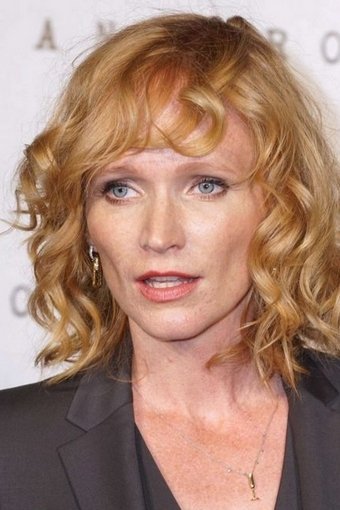

Overwhelmed by motherhood, Ester steals a caravan and flees to southern Italy with her son David, with an intellectual disability. They meet a young drifter whose open heart transforms their makeshift family into something freer, lighter, and full of unexpected hope.
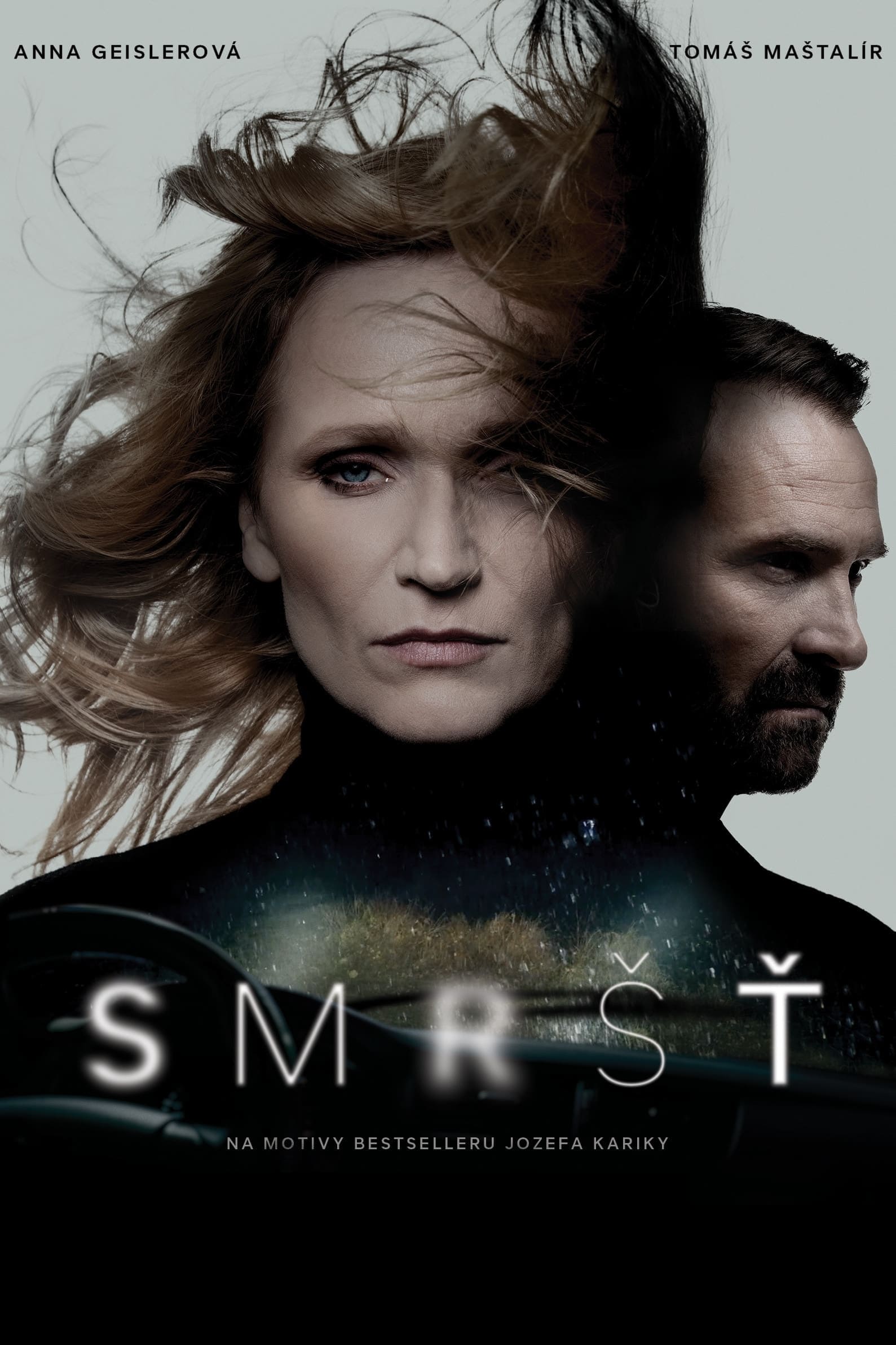
A forensic psychologist solves a mysterious case and a marital crisis at the same time. Can he resist the dark forces that tempt him to uncover the secrets of the case, or will he fall victim to them?
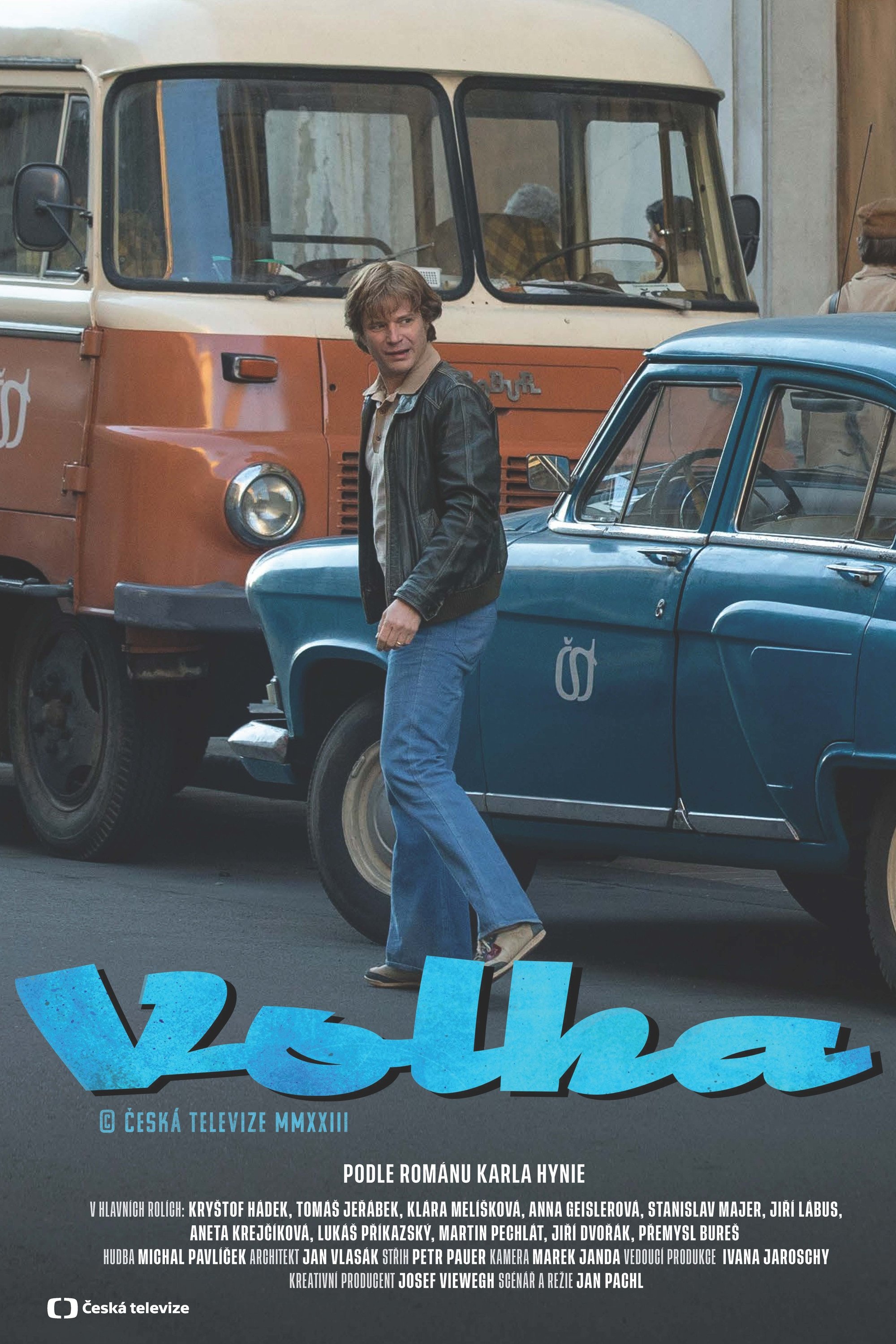
Standa Pekárek has three wishes in life: to drive a volga, to drive for the Humour and Folk Entertainment editorial office and to drive Got'ák. The five-part miniseries Volha is an adaptation of the novel of the same name by Karel Hynia, written in an extraordinary, bizarre and precisely echoed language. It can be perceived as a peculiar history of Czechoslovak television with a number of incredible, albeit real, "stories from the set". At the same time, however, it is a portrait of its main character - a limited egocentric who excels in inventing small tricks and deceptions - how to steal petrol, fake mileage, cheat his wife, get rid of the competition. Logically, he then also becomes a StB collaborator (with the code name Volha) who informs on all his co-workers and passengers without any remorse.
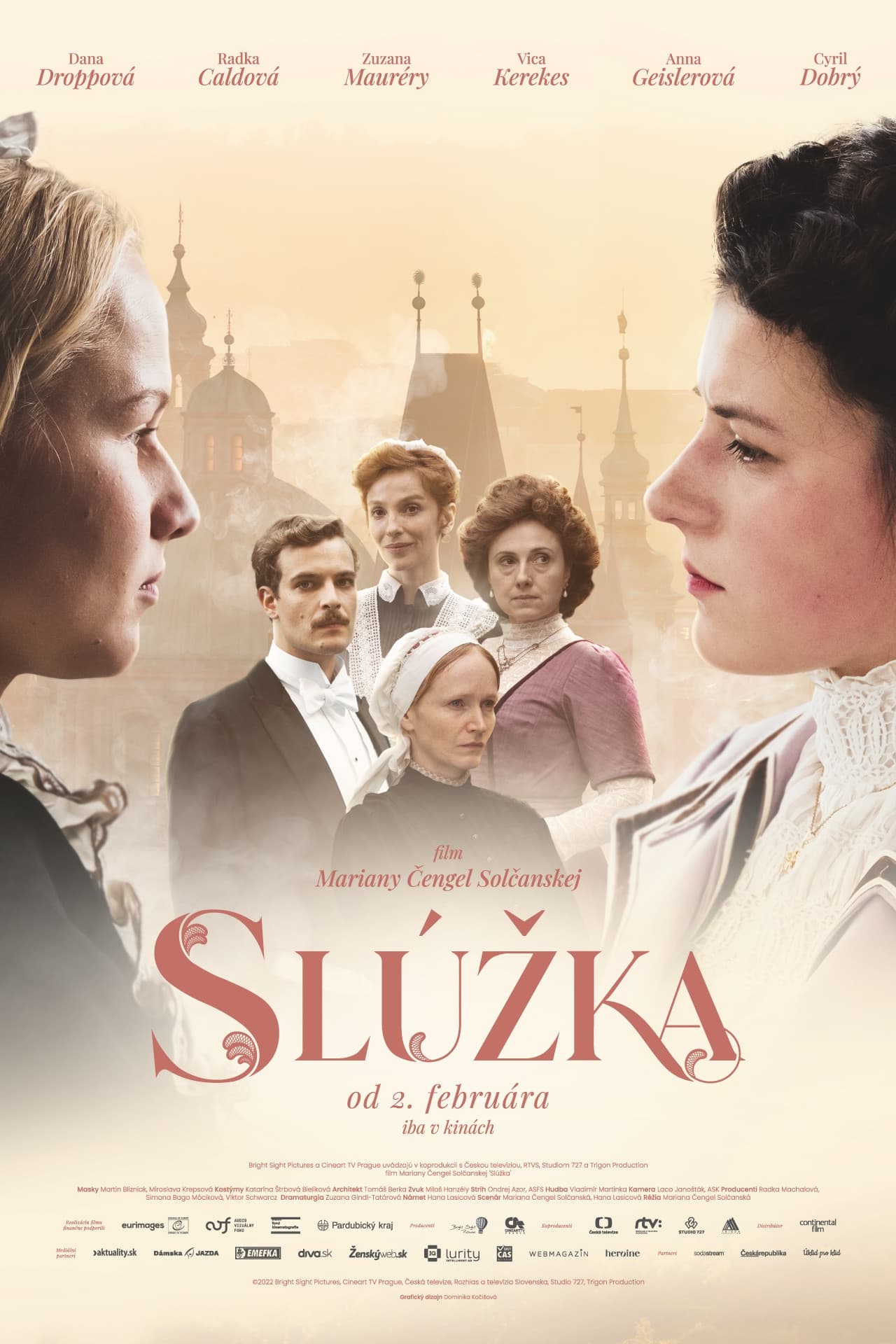
Just before World War 1, the fifteen-year-old poverty-stricken Anne from a small Slovak town is sent to Prague to be a maid in a wealthy family. She meets Resi, the daughter of a noble family, who was born and raised to be an adornment and a trophy – of the house, of her family, of Austria-Hungary. Anne and Resi, two girls born in the same year, but at the other ends of the social ladder, find a soulmate in each other. They become best friends, lovers and the only light in a male-dominated world.

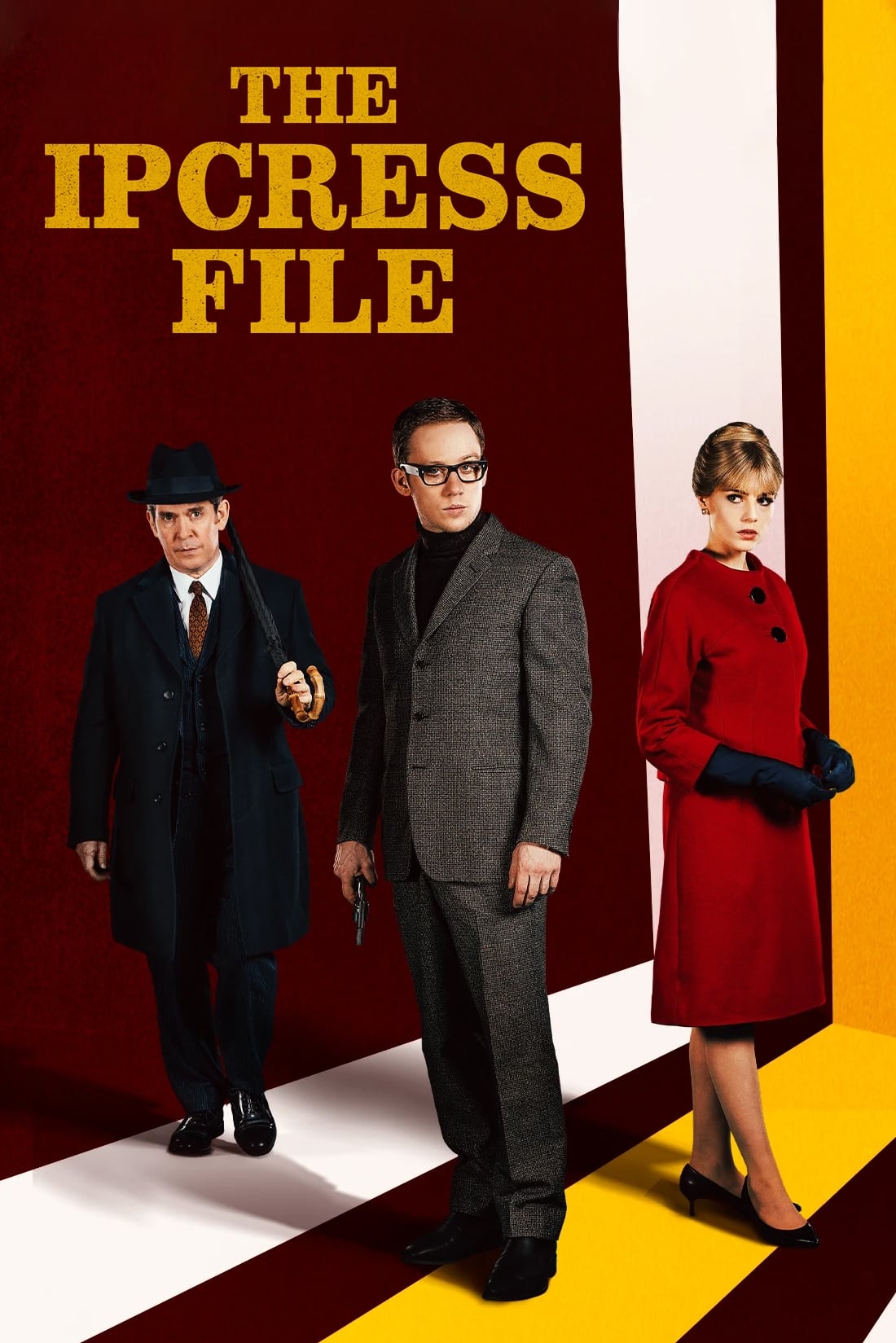
As the Cold War rages, ex-smuggler turned reluctant spy Harry Palmer finds himself at the centre of a dangerous undercover mission, on which he must use his links to find a missing British nuclear scientist.
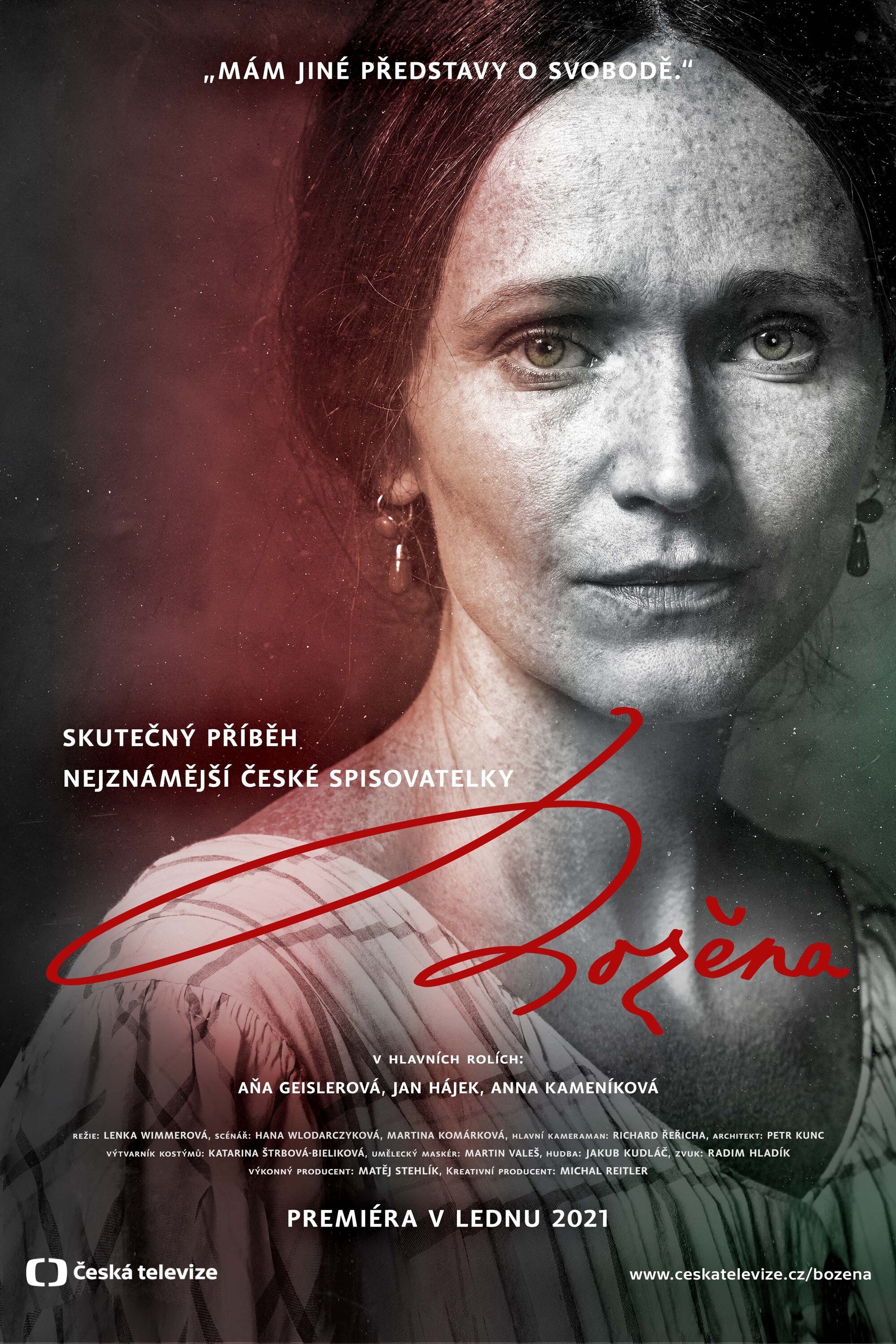
Biopic of Bozena Nemcová, a famous Czech 19th century writer and feminist, focused on her complicated on-off relationship with her husband Josef Nemec.
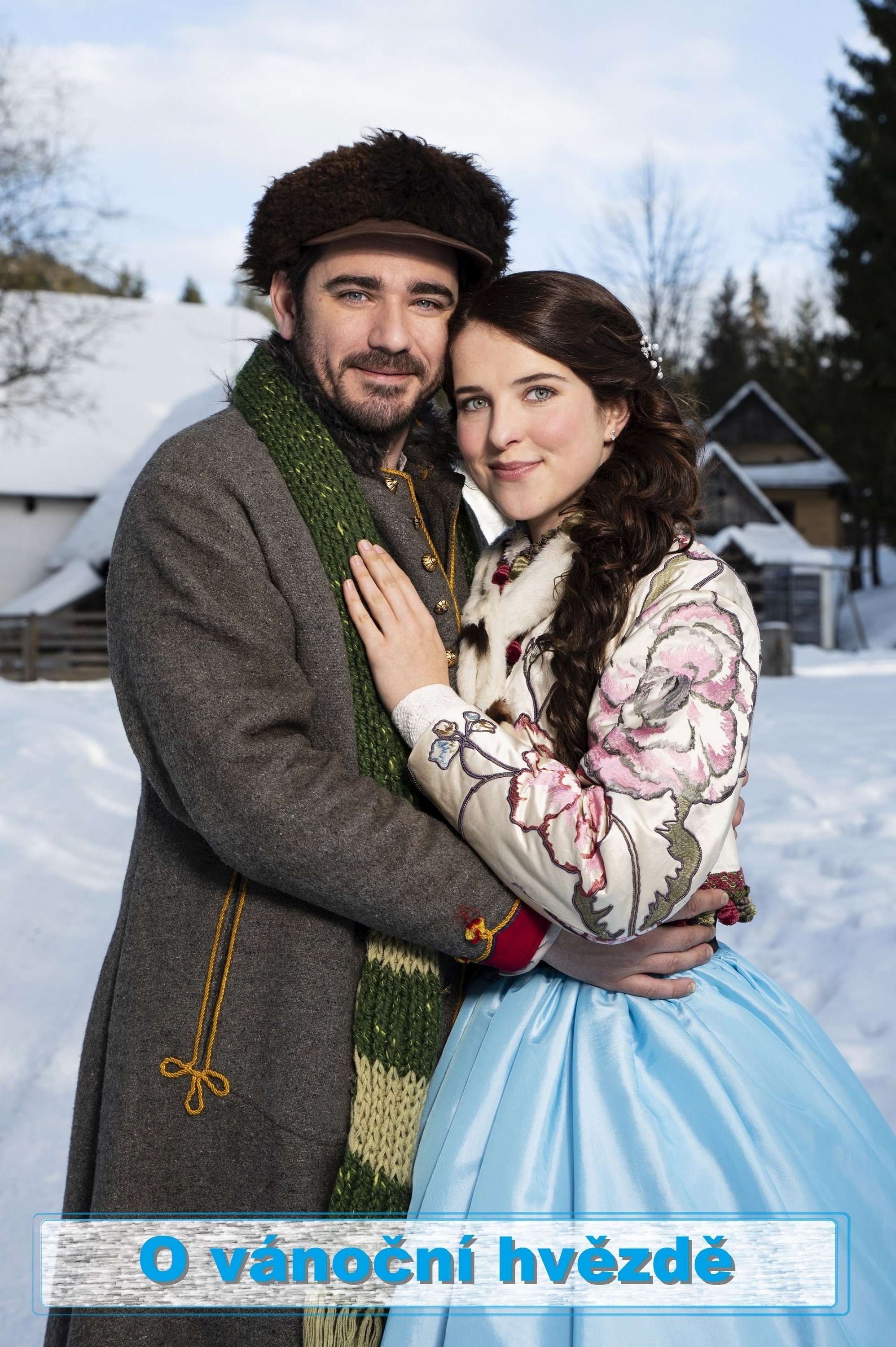
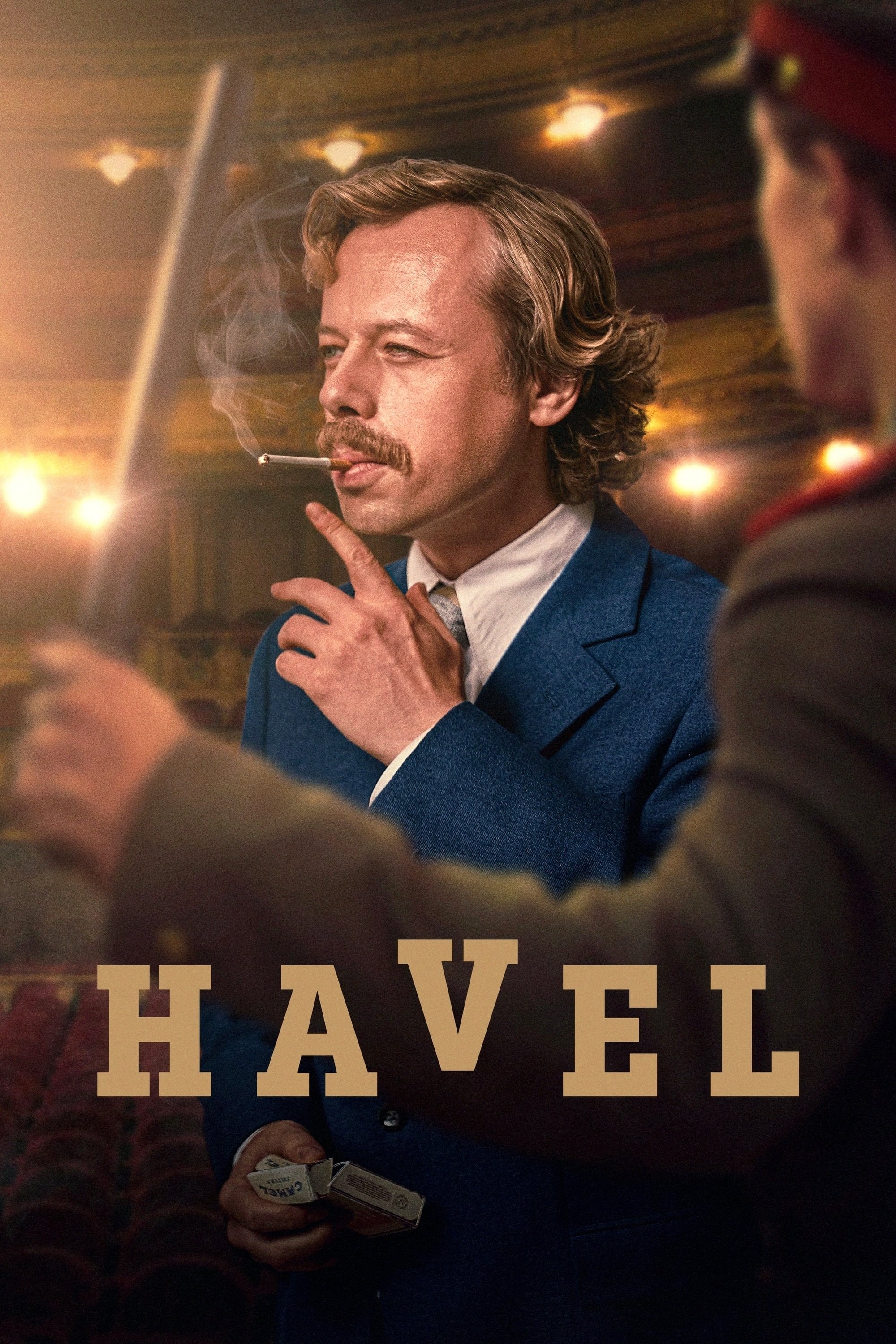
The life career of Václav Havel (1936-2011), a persecuted playwright and human rights defender in the Czech Republic subjected to the implacable power of the Soviet Union who became president of the country in the late 1980s.
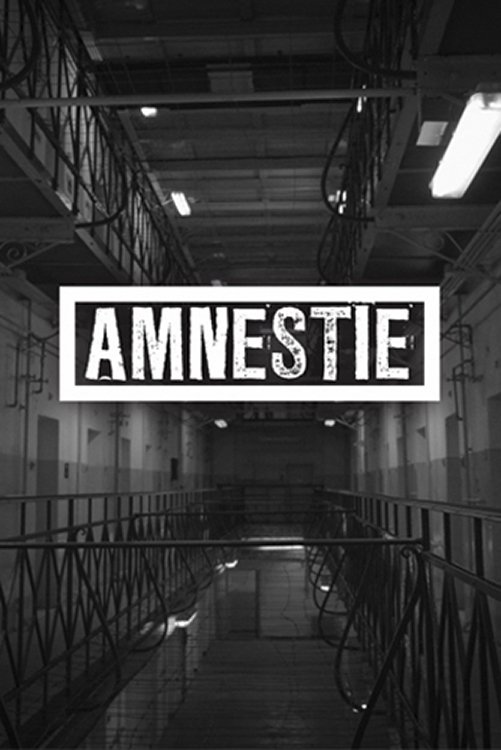
Inspired by true events of the 1989 Czech and Slovak Velvet Revolution and Václav Havel's controversial release of 23000 prisoners. In addition to the story of three families affected by communist persecution, the film Amnesty also deals with the uprising of prisoners in Leopoldov, which required military intervention. The uprising was preceded by a broad amnesty granted by Václav Havel in January 1990, just a few days after his election as Czechoslovak president.
By browsing this website, you accept our cookies policy.